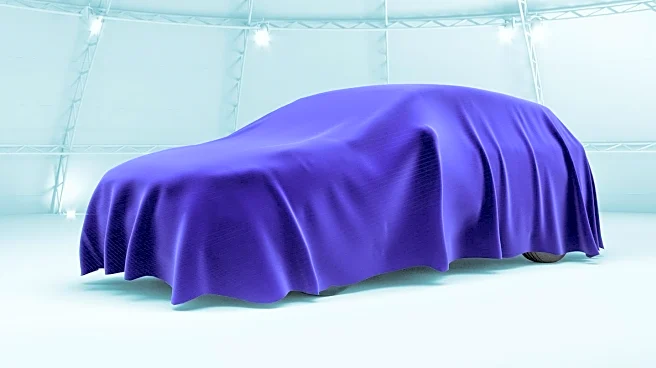What's Happening?
Researchers from MIT and Harvard Medical School have developed chimeric antigen receptor (CAR) natural killer (NK) cells that evade the immune system, effectively eliminating cancer in mice with lymphoma. These engineered CAR-NK cells avoid immune rejection
and cytokine release syndrome, a common side effect of immunotherapy. The study involved creating a cloaking device for CAR-NK cells by knocking down HLA-ABC expression while maintaining HLA-E expression, allowing the cells to evade host immune responses and persist long enough to eliminate cancer.
Why It's Important?
The development of immune-evading CAR-NK cells represents a significant advancement in cancer immunotherapy. By reducing the risk of cytokine release syndrome, these cells offer a safer alternative to existing treatments, potentially leading to 'off the shelf' therapies that are more accessible and effective. This innovation could transform cancer treatment by providing a more reliable and less toxic option for patients, enhancing the efficacy and safety of immunotherapies currently in clinical trials.
What's Next?
The researchers anticipate that their CAR-NK cells could replace CAR-T cells in clinical settings due to their improved safety profile. The platform developed may also be applied to enhance the safety and efficacy of CAR-NK cells undergoing clinical trials, accelerating their approval for clinical use. Future studies will likely focus on optimizing these cells for various cancer types and further reducing potential side effects, paving the way for widespread adoption in cancer treatment.















